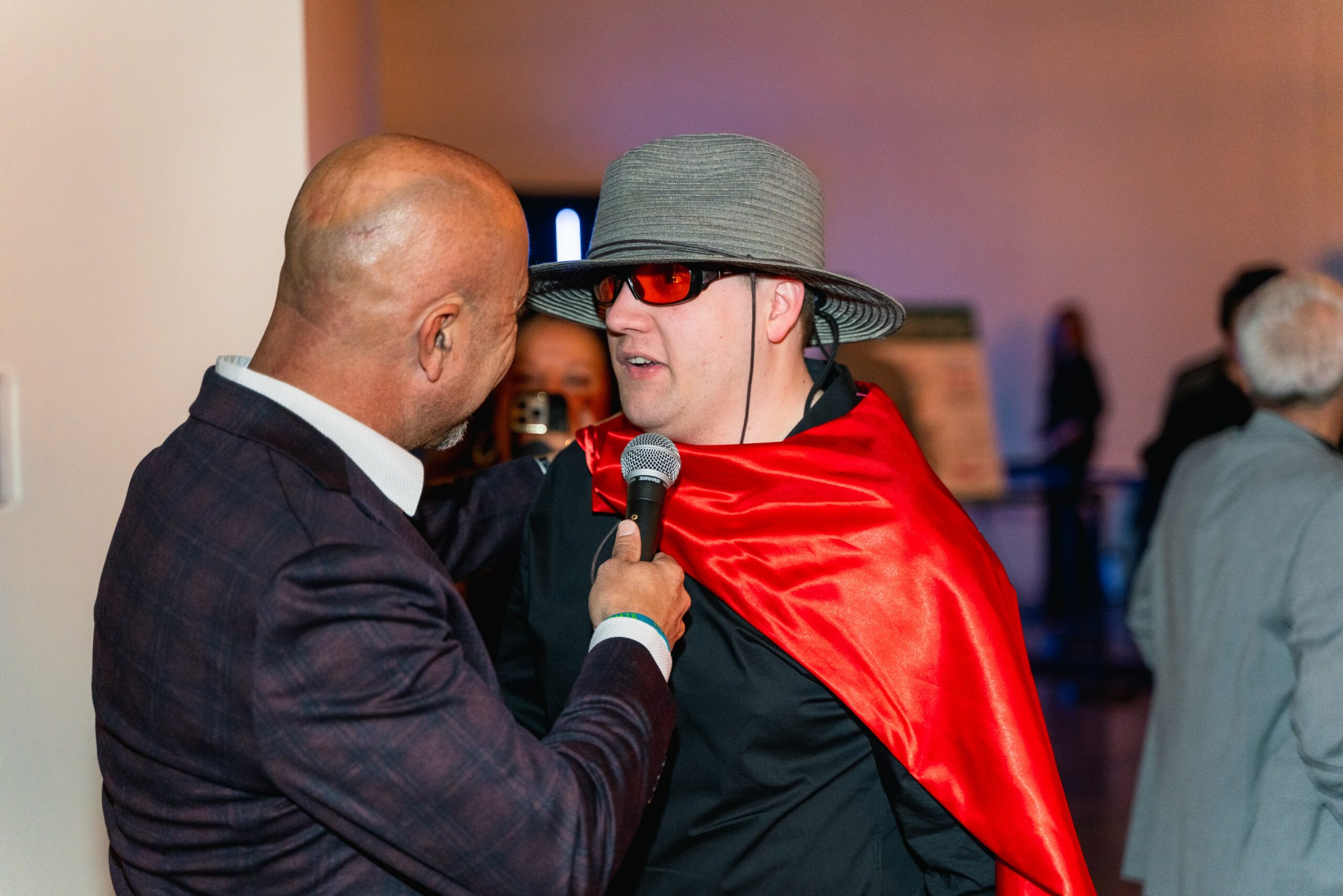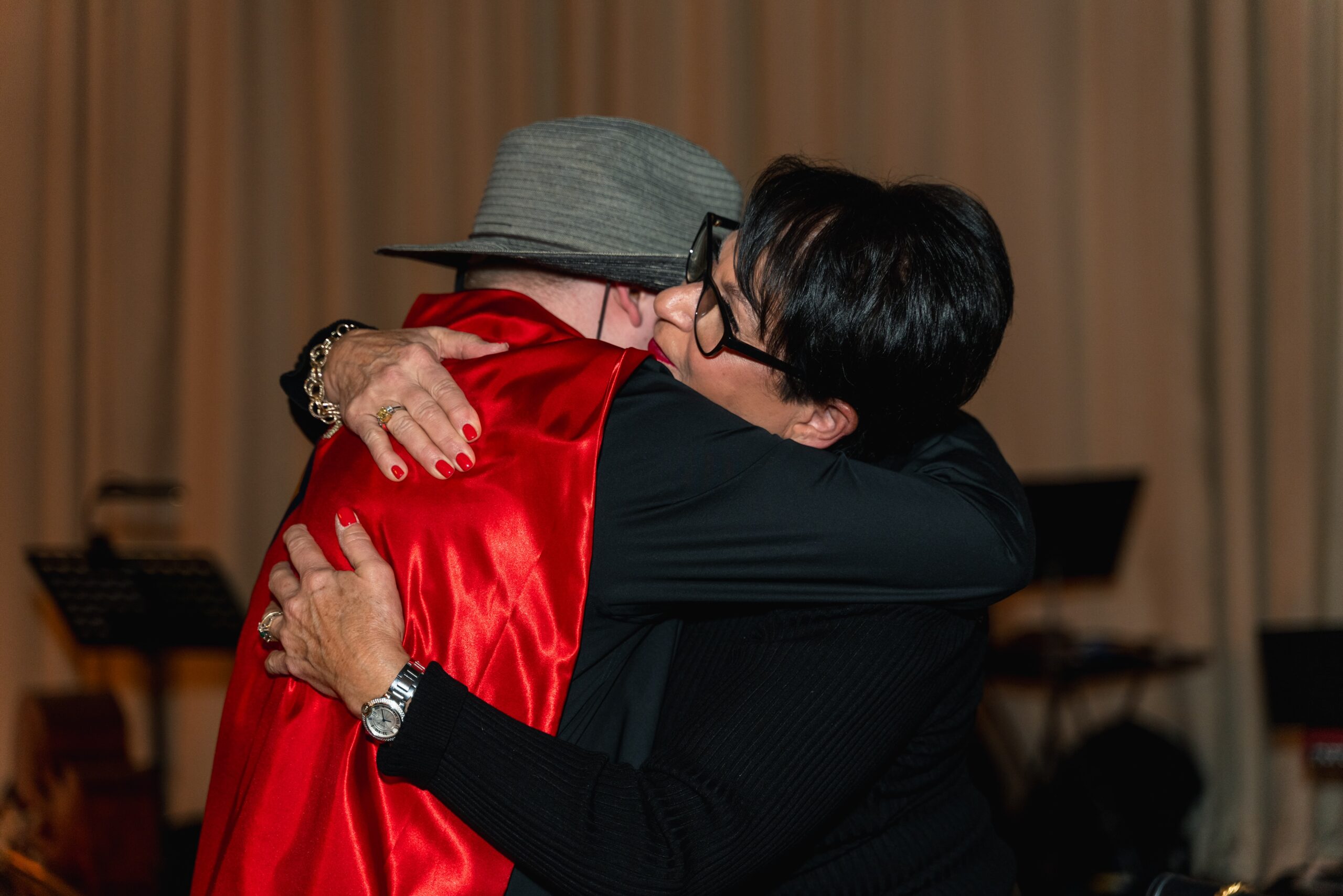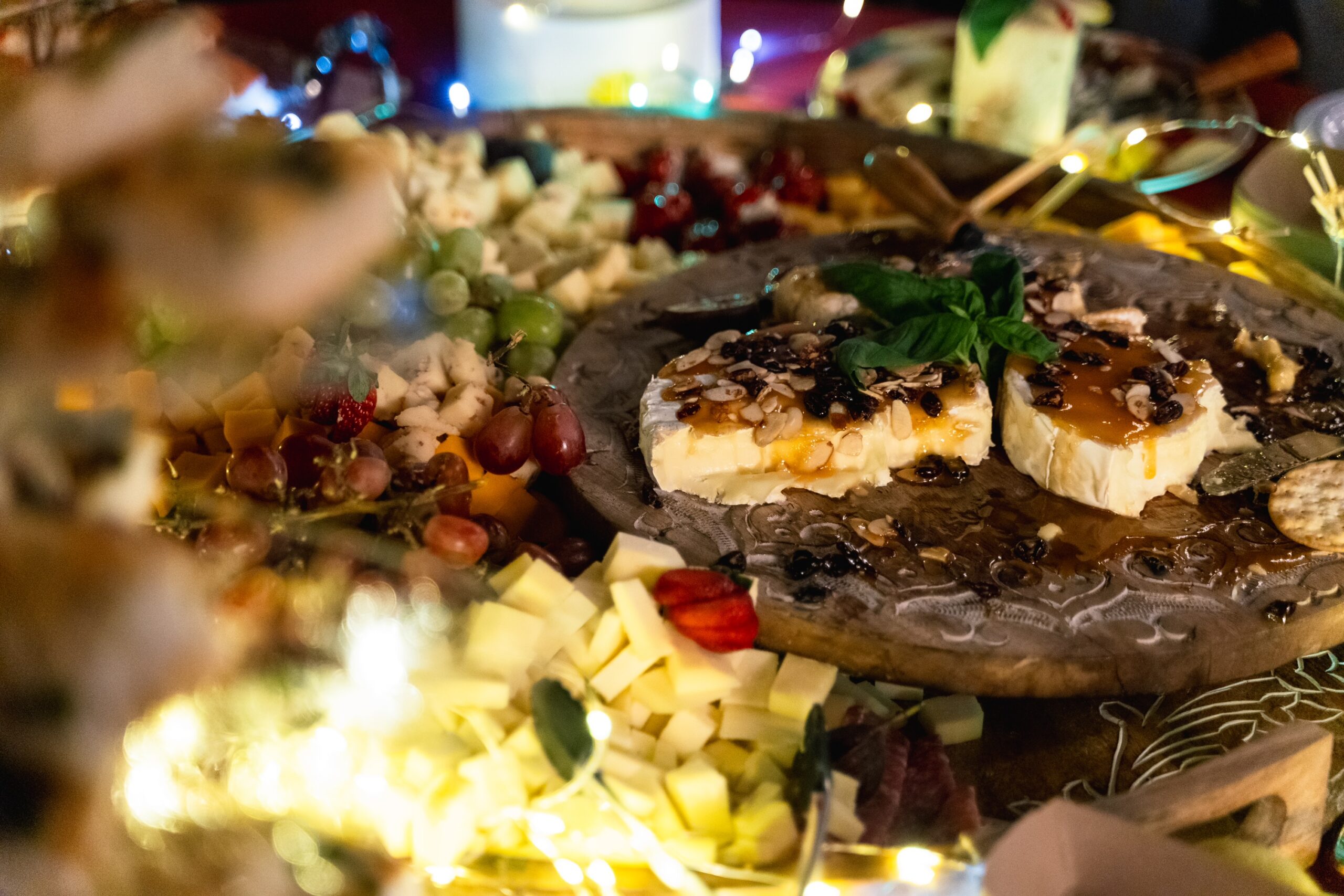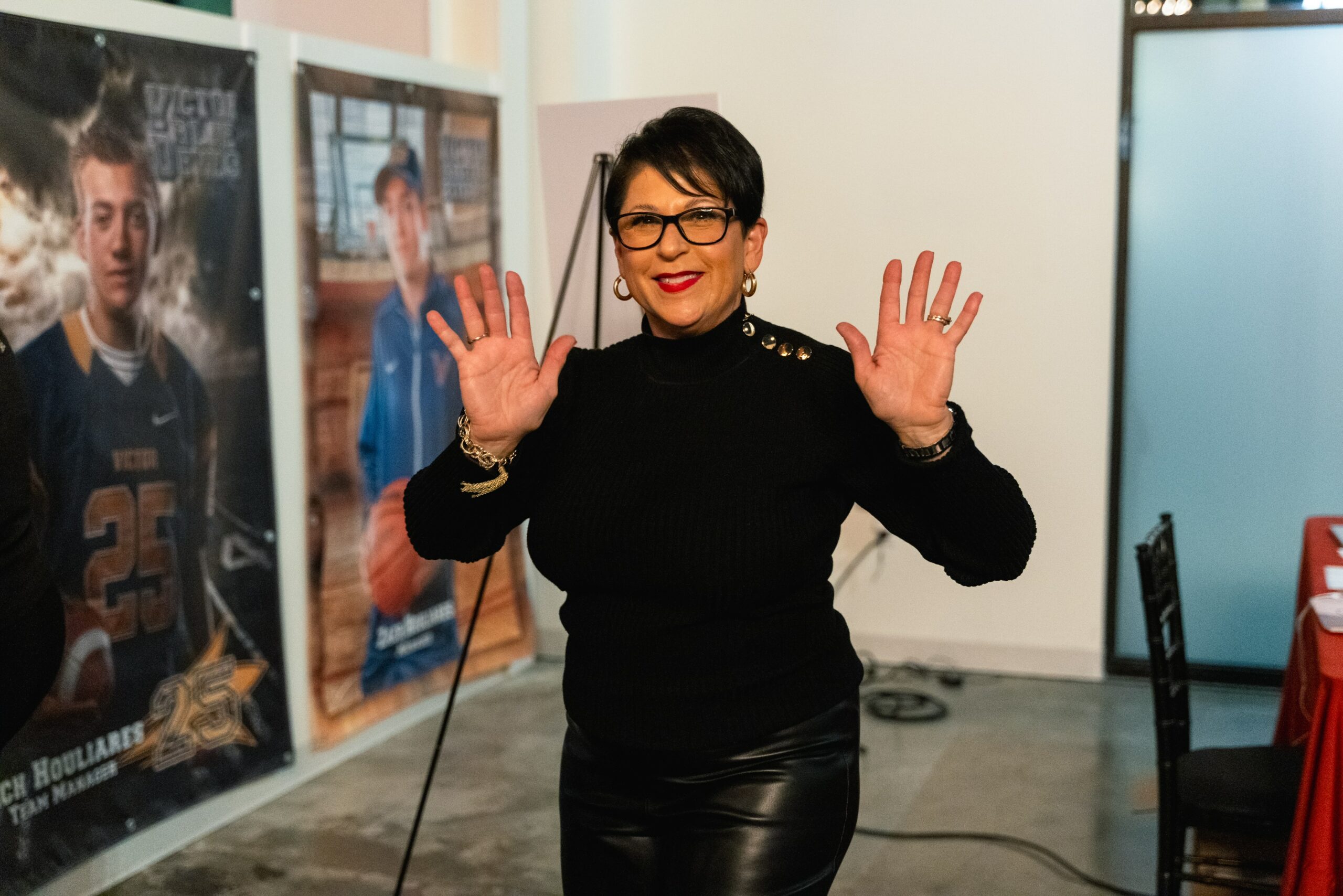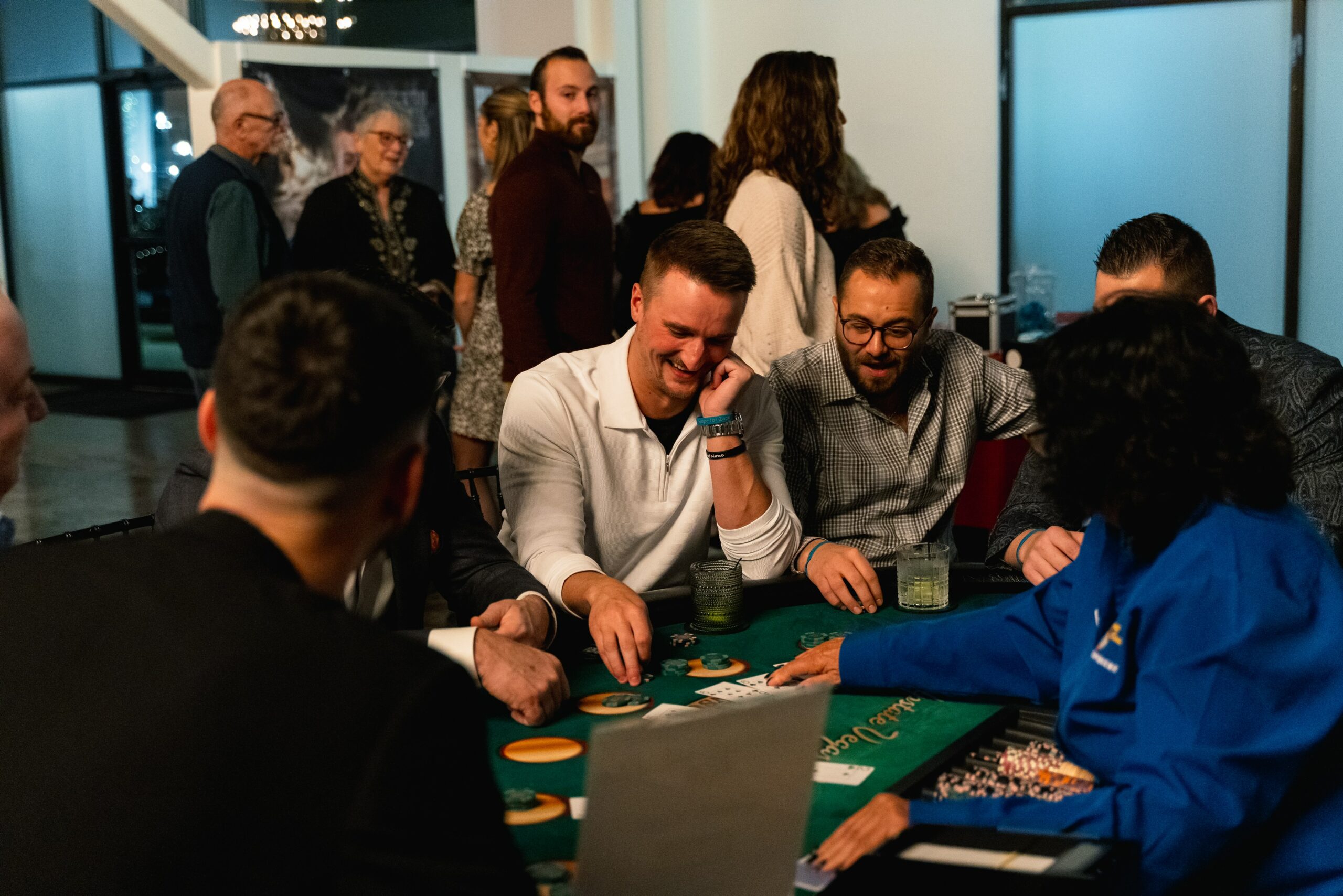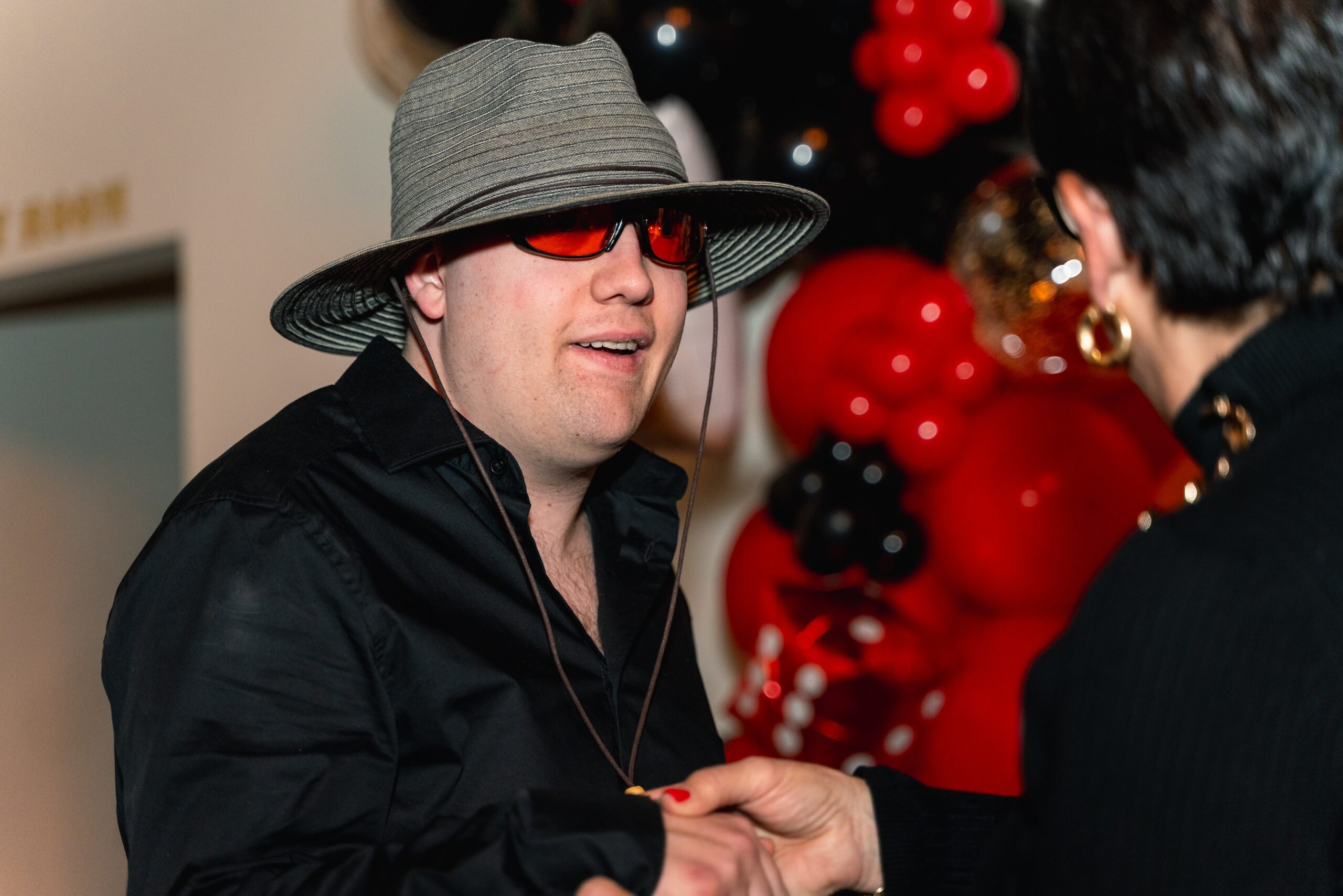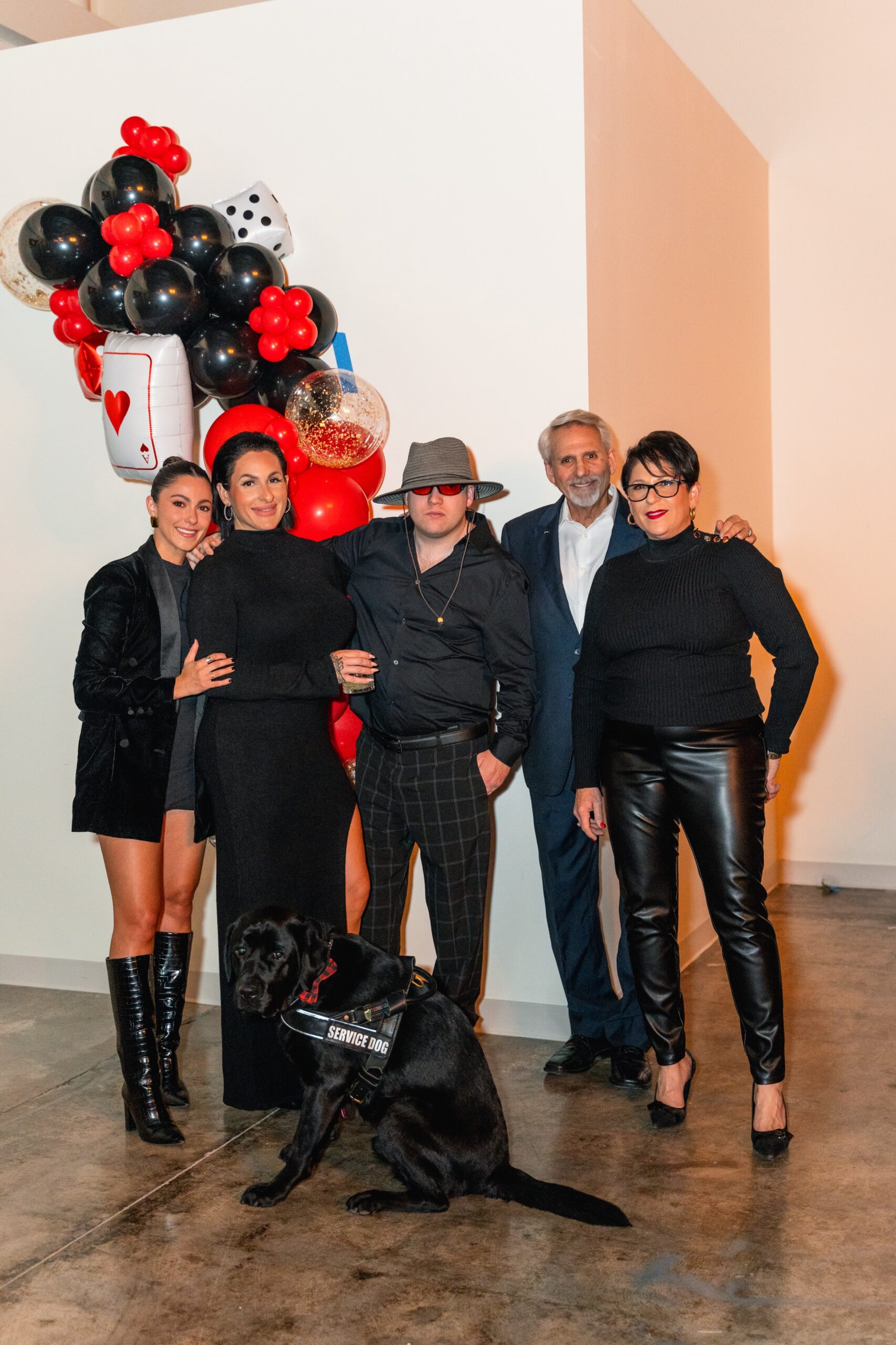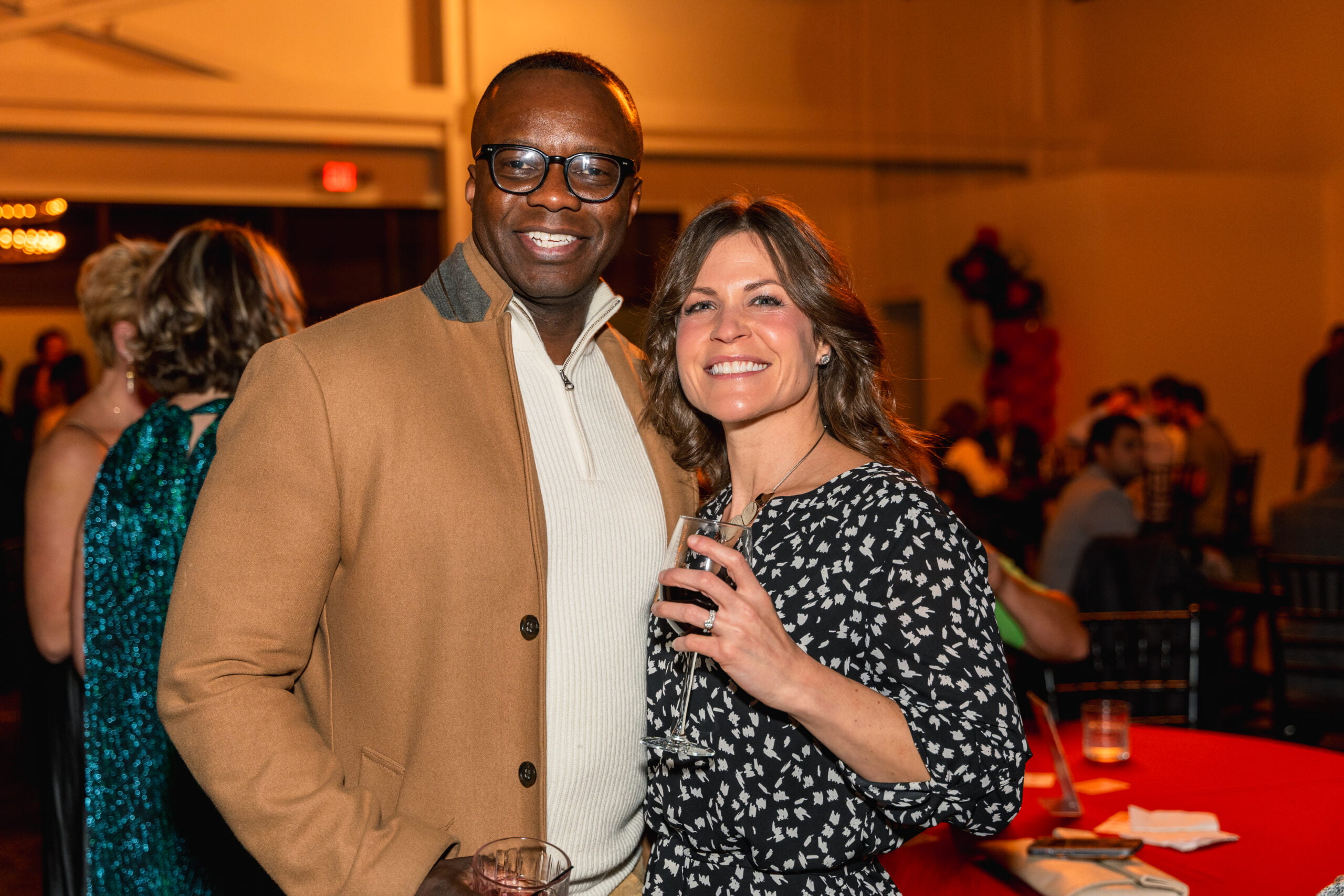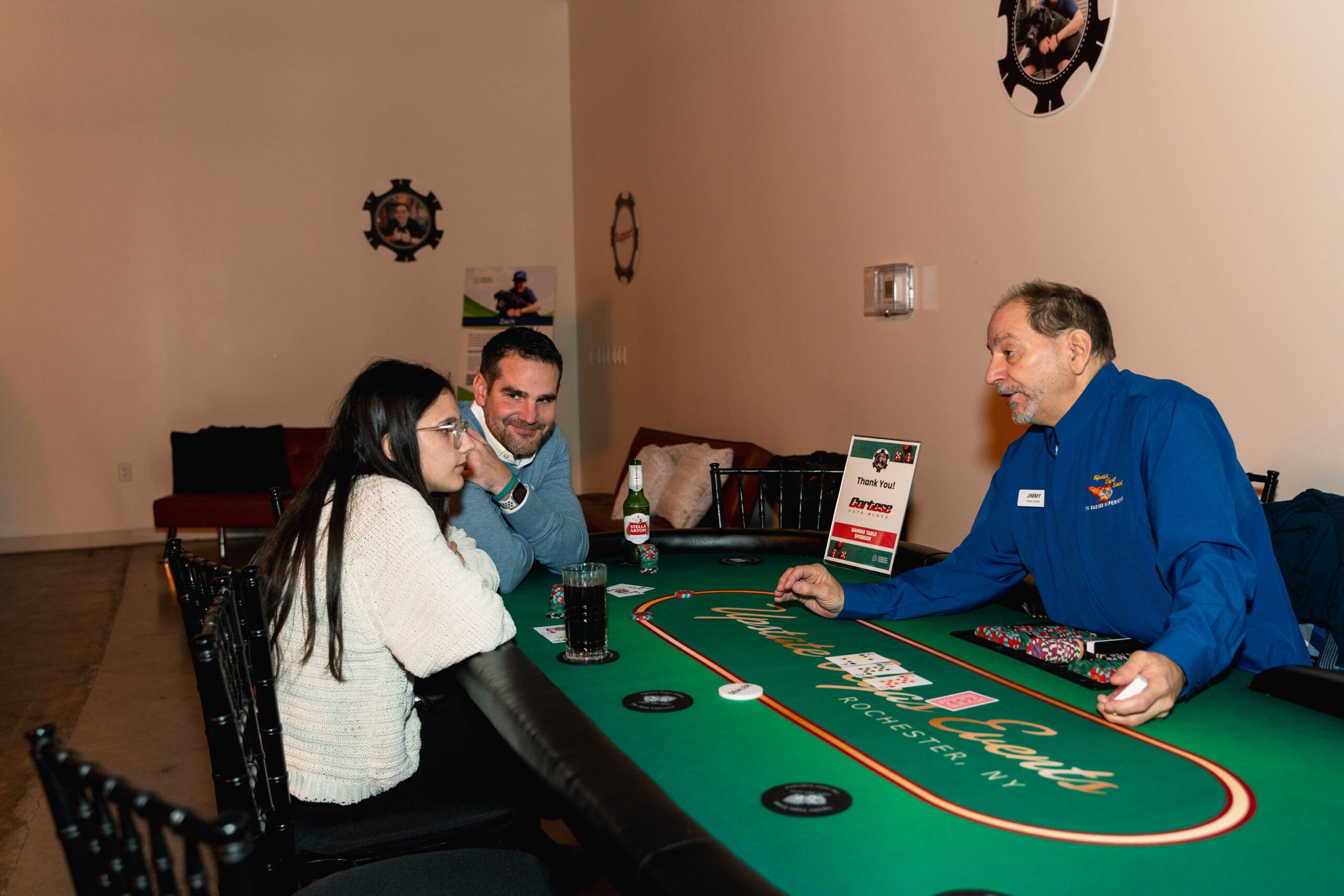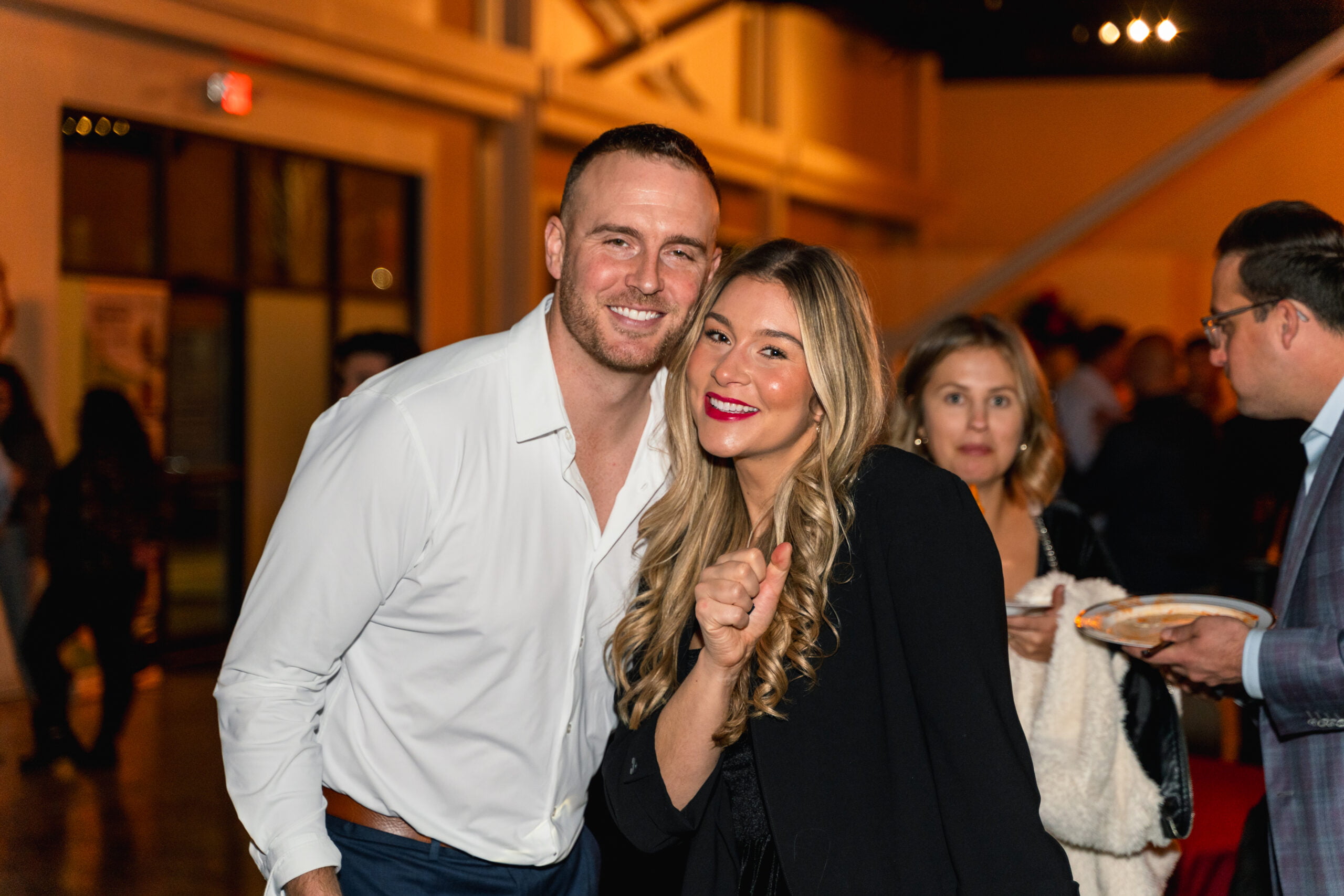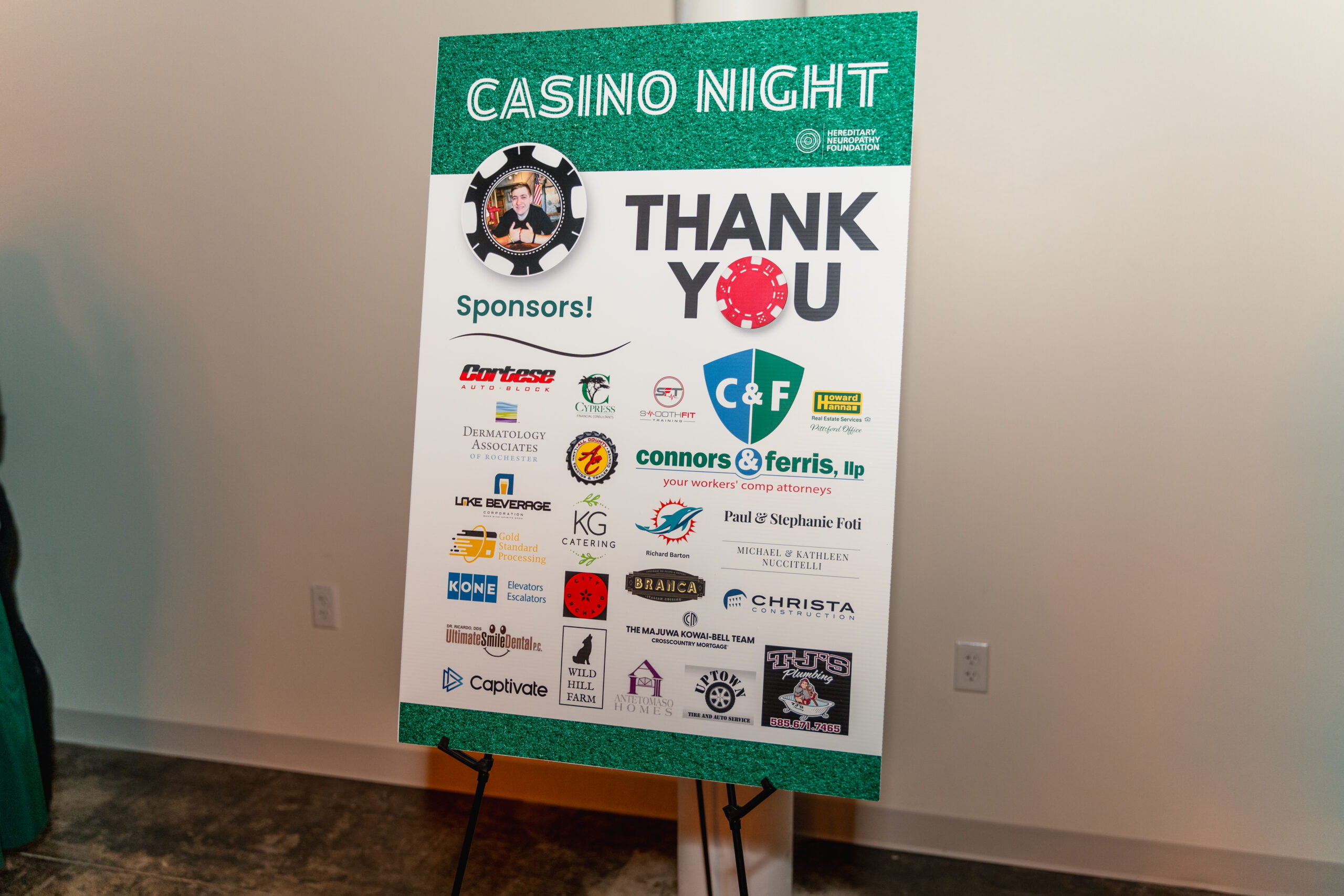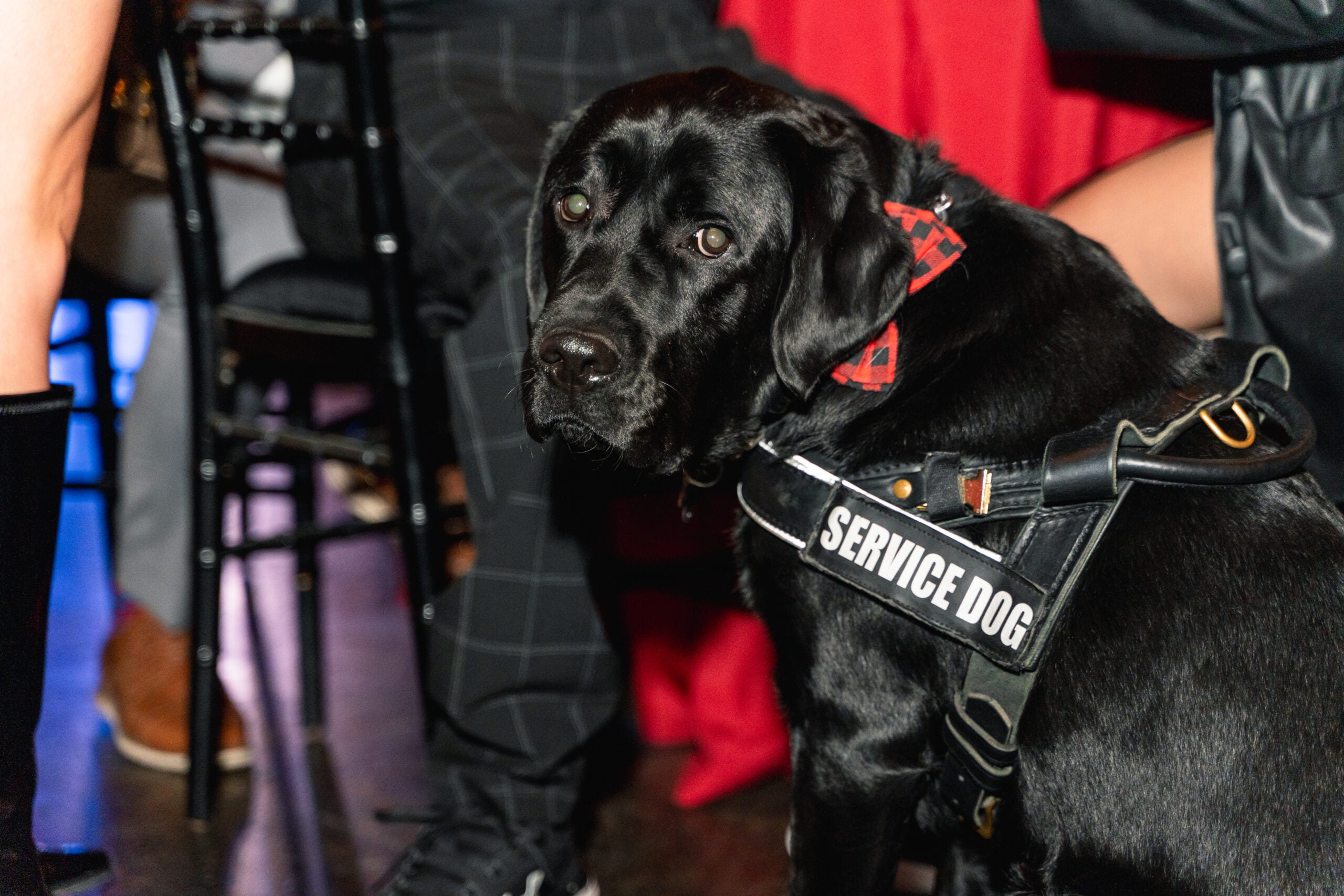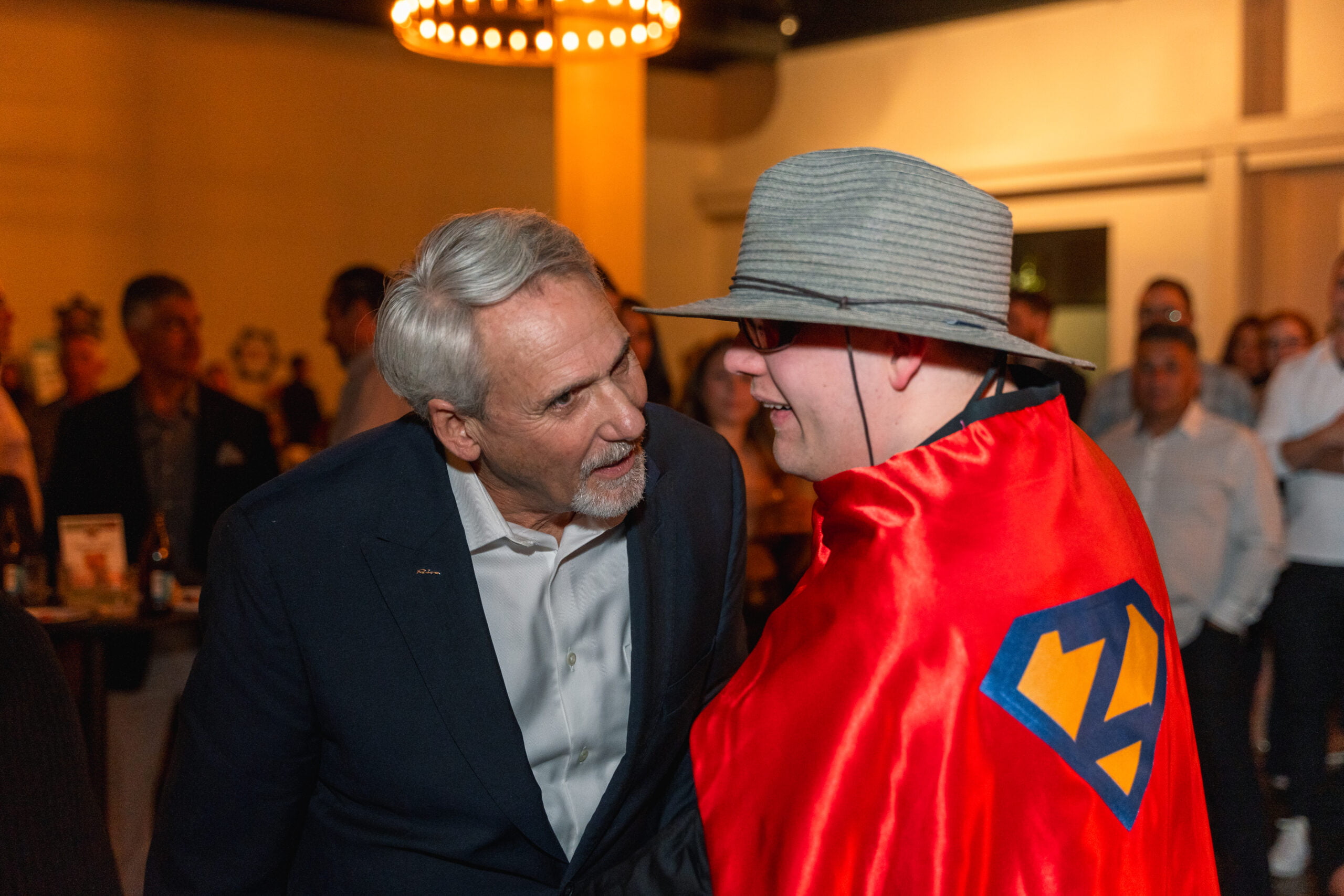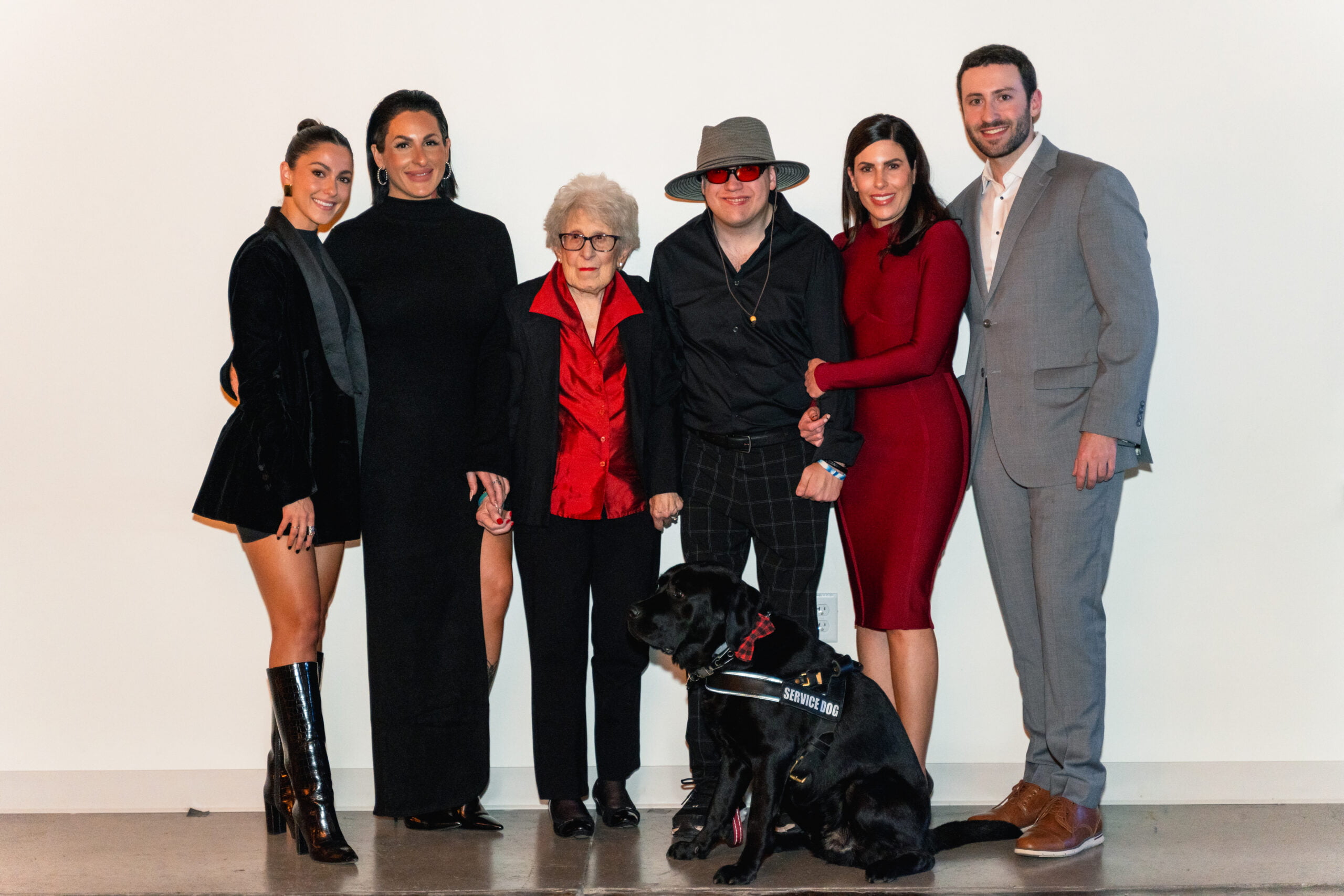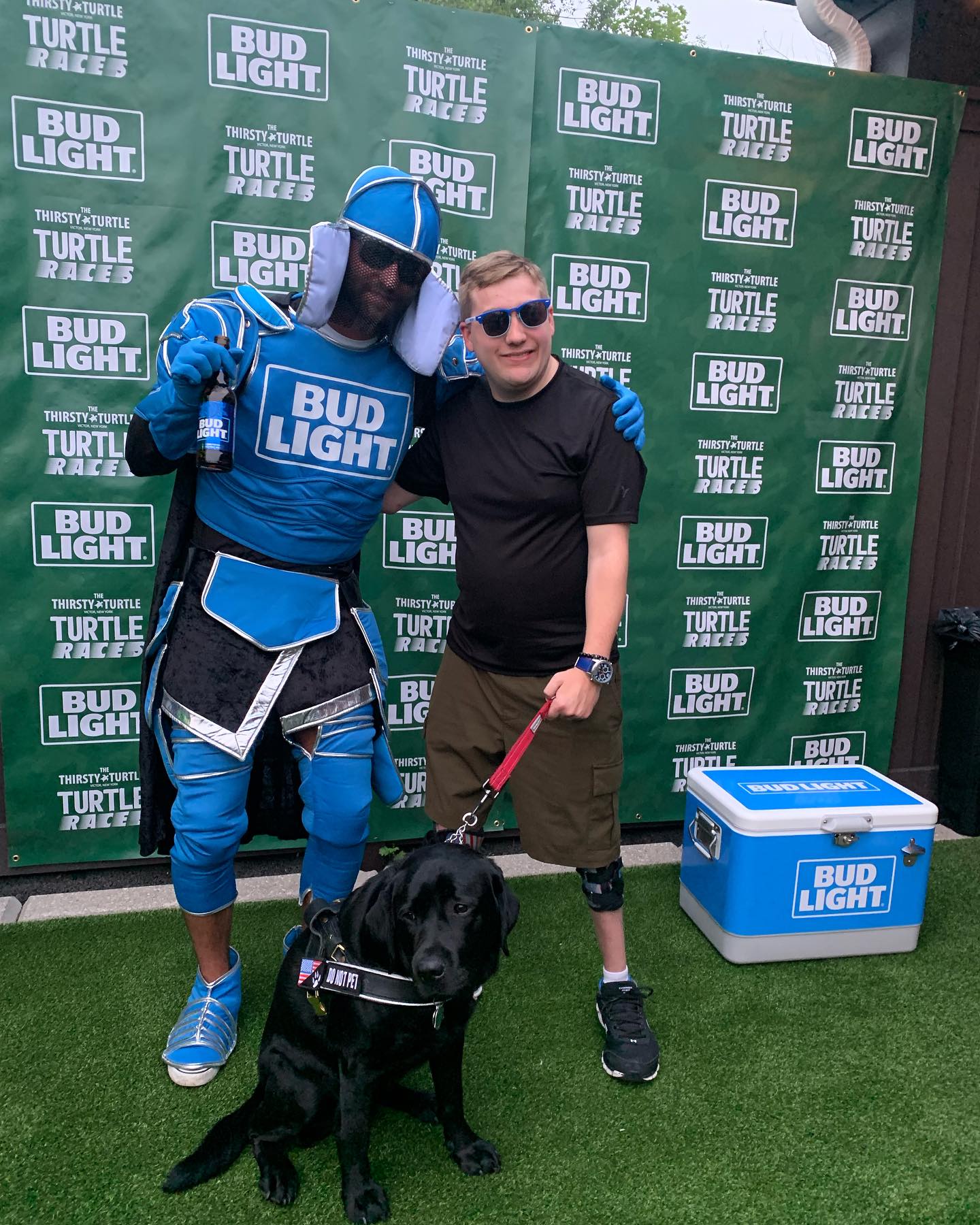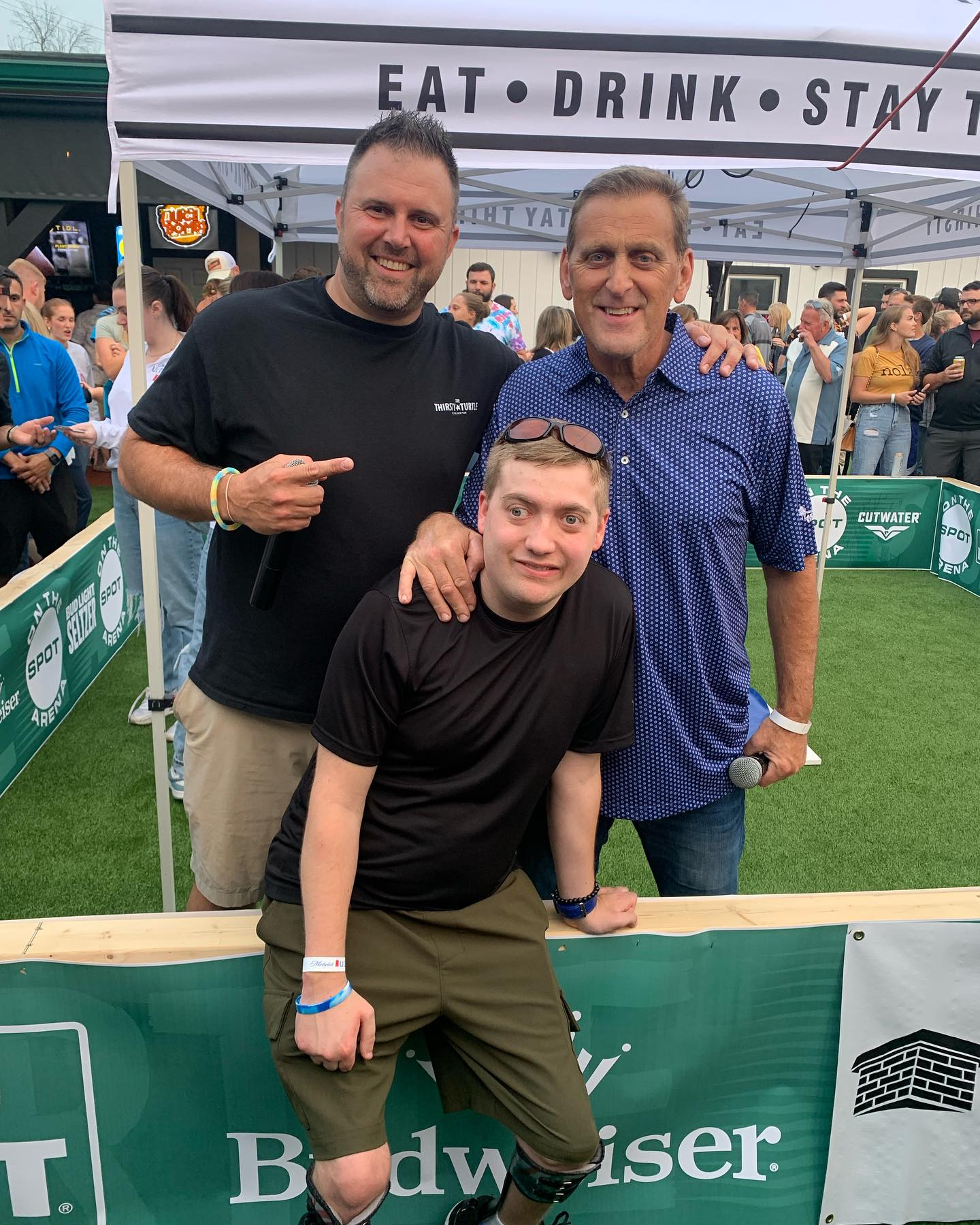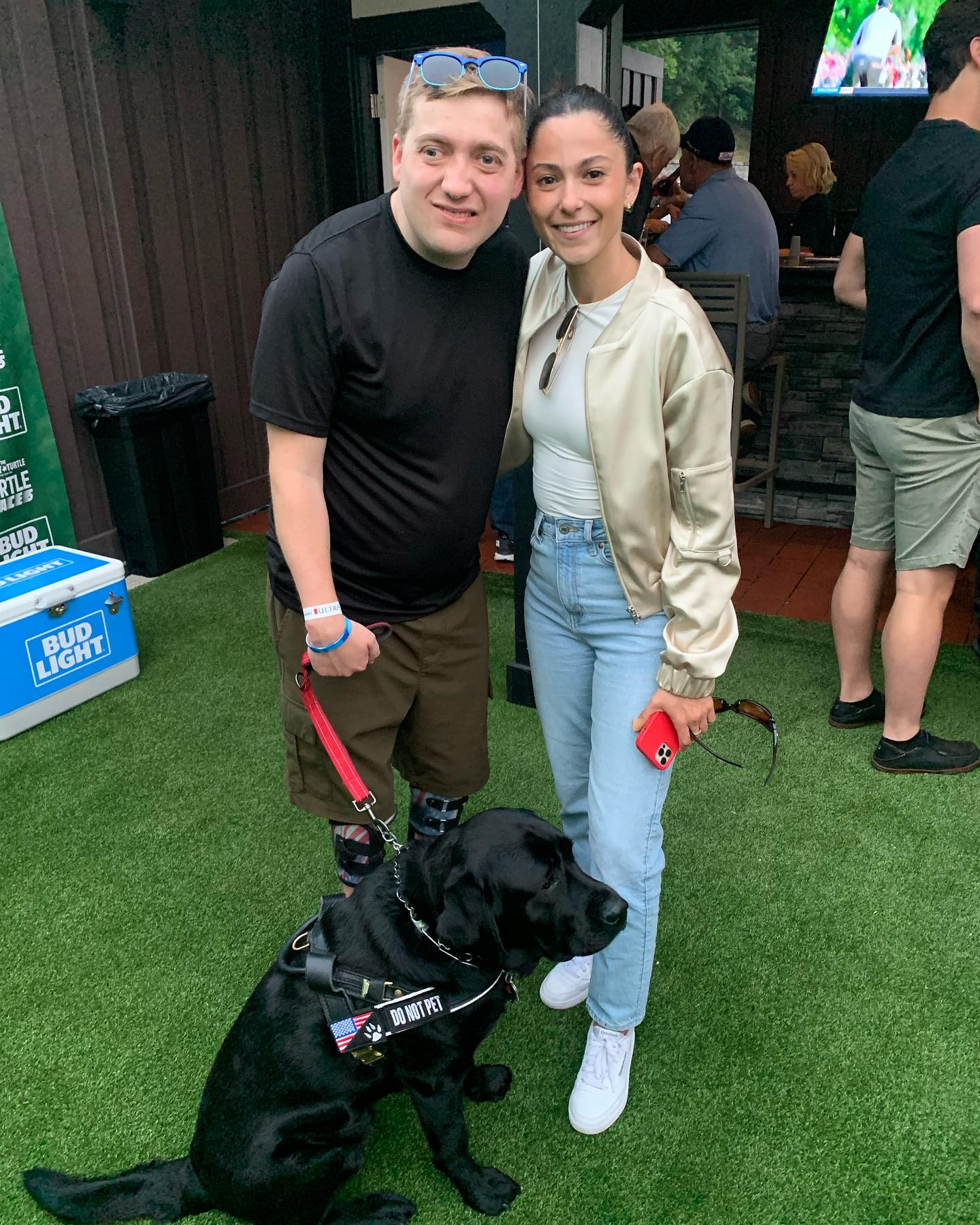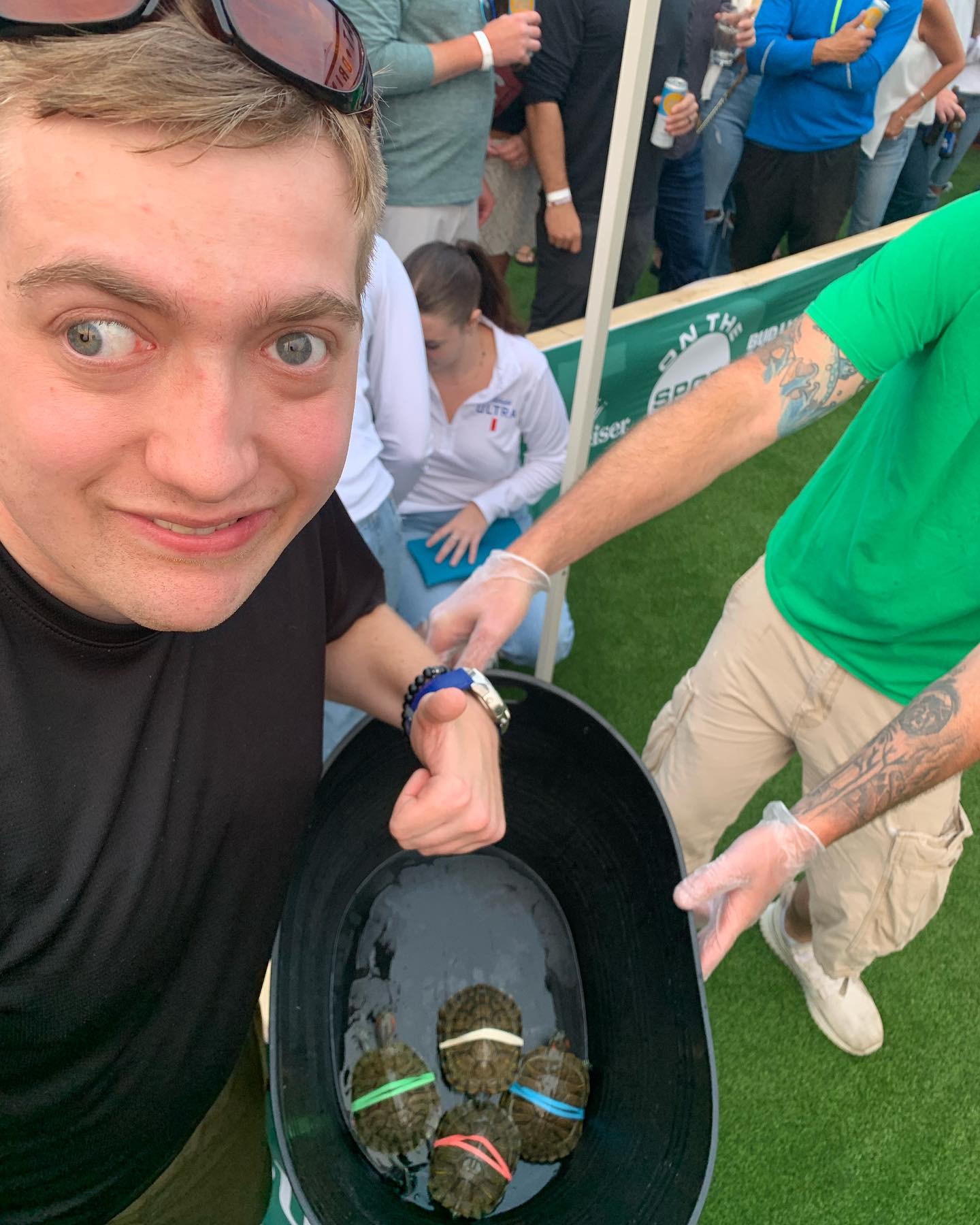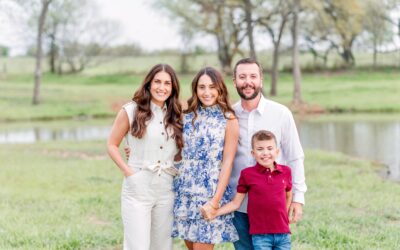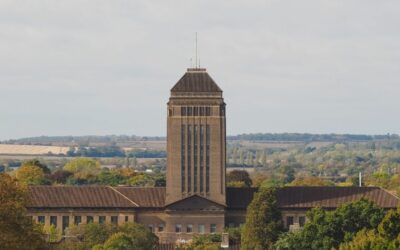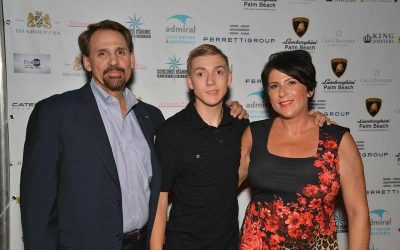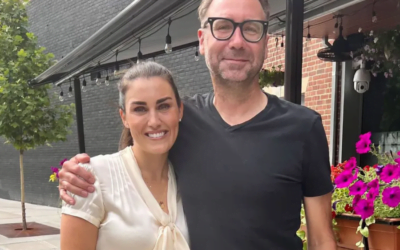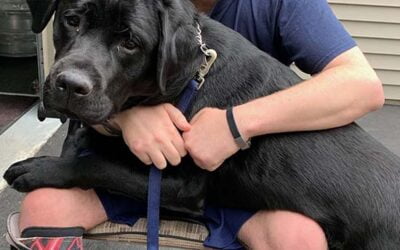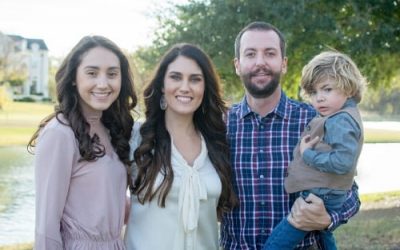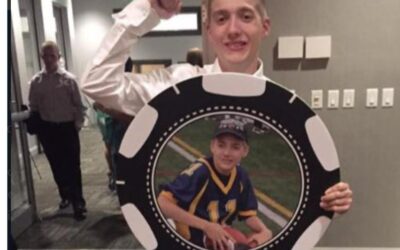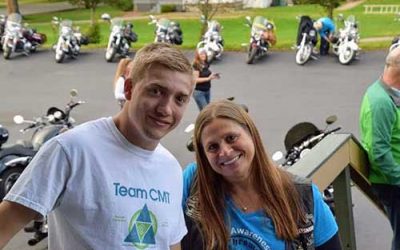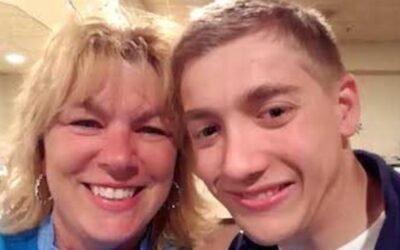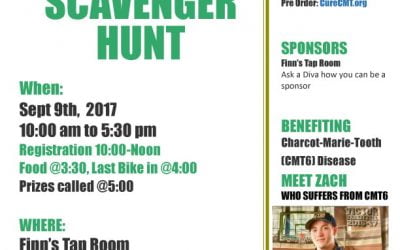Zach's Journey
Zach’s Team Casino Night
On Thursday, November 16, 2023, the Houliares family hosted a Casino Night at Evento East in Webster, NY. The event was in honor of Zach Houliares who continues his daily battle with an incurable progressive disease. Thank you to everyone who made this event a success.
Cure CMT Mito Team at Euromit 2023!
We attended Euromit 2023 July 11-15, an international meeting on Mitrochondrial disease. Our first time meeting another kiddo like Zach who suffers from the same mito disease.
Thirsty Turtle
Our June 28th fundraiser at the Thirsty Turtle was a huge success with close to 200 people in attendance. All proceeds for this event and the next Turtle Race on July 25th are going to HNF to help fund research for Mito C12orf65.
Euromit 2023
Zach's Journey
And so it begins....
Presented by: Max Tucci
About Zach
After 14 years of unanswered questions, Zach was diagnosed with a rare progressive neuromuscular disease Charcot Marie Tooth Type 6 and mitochondrial disease C12orf65/MTRFR. Both of these diseases have no treatments or cure. Zach’s symptoms are progressive and range from vision loss due to optic atrophy, burning sensation in hands and feet, loss of balance, muscle wasting, difficulty grasping, and more.
Zach enjoys riding horses and attends weekly lessons at the EquiCenter, a therapeutic riding center. He belongs to the YMCA where he swims weekly and works out at the Limitless Physical therapy to help stay strong. Zach requires bi-weekly massages to help with the pain he suffers throughout his body, especially the muscles in his hips.
Zach is an alumni Victor Blue Devil and helps coach the Varsity Football Team each year.
He loves life and enjoys being with family and friends. When not busy with his weekly activities, his favorite pastime is watching the Buffalo Bills, Nascar, Hockey, WWE, and playing his Playstation.
We once thought that Zach was the only person in the world to suffer from this disease. Overtime, we have found several people, especially younger children around the world who have the same mitochondrial disease. It has been a long journey but we are determined to assemble the right team of scientists and world class clinicians to work together to accelerate multiple therapy approaches to help treat C12orf65/MTRFR.
Current Research
University of Cambridge, Rita Horvath, MD, PhD, Director of Clinical Neurosciences is enrolling the patients, including Zach, in the MTRFR/C12or65 natural history study. Dr. Horvath is an expert in mitochondrial diseases and has developed an impressive model for collecting, curating, and analyzing patient data for publication. We have learned so much about MTRFR/C12orf65. What was believed to be a Charcot-Marie-Tooth with Leigh’s Syndrome is now classified to include symptoms related to Spastic Paraplegia and Ataxia, making the disease even more devasting. This is very important information as we continue to learn more about the disease and prepare for clinical trials.
University of Helsinki Institute of Biotechnology, Brendan Battersby, PhD continues to gain more insight on MTRFR/C12orf65 in specific models he developed and to test potential biological (drugs) as therapeutic approaches to treat disease. He works closely with Robert Burgess, PhD at Jackson’s Lab, a premiere mouse facility. The development of the mouse has been extremely difficult, but both scientists are optimistic that with new findings in the Battersby Lab that they will have success with a viable mouse by mid-next year. This is also essential to test the gene therapy virus designed at UNC, Chapel Hill, by Steven Gray, Phd, who now is at UT Southwestern
University of Miami, Mario Saporta, MD, Phd continues to fight for us by developing an iPSC model for MTRFR/c12orf65. Like the mouse, it’s been very difficult. He refuses to give up and is attempting one more approach to see if this model could be useful for testing therapeutics.
Early this year, we partnered with Rarebase, a public benefit company that leverages cutting-edge technology (Function, a tech-enabled drug discovery platform) and biology using repurposed FDA-approved drugs to deliver accelerated, off-label treatments for various types of rare diseases, including MTRFR/C12orf65. Rarebase has completed the discovery phase and is entering preclinical validation of the drug candidates identified for several subtypes of CMT, including MTRFR/C12orf65. They have found drug candidates to test in a model of MTRFR/C12orf65. Learn more about Rarebase here.
PFDD Meeting, September 28, 2018

CMT Gait Study

HNF launches clinical study using digital technology to better understand CMT gait and its impact on life satisfaction and social isolation.
Rare Disease Week Capitol Hill

Importance of Good Bracing

Meet Bosco

Zach's Braces

Many years searching for the best working orthotic to help increase Zach’s mobility and function.
HNF sheds Light & Research Funding on Mitochondrial Diseases Linked to CMT
Mitochondria are the powerhouses of our cells. Think of them as our body’s batteries. Mitochondrial disease causes these batteries to run low.
Cambridge-led natural history study identifies MTRFR/C12orf65 deficiency to improve diagnosis and therapy development
This research will potentially show a method that may be quicker and better at identifying baseline disease phenotypes to support research and clinical trials. Cambridge-led retrospective natural history study funded by the Hereditary Neuropathy Foundation identifies...
The Houliares Family Takes on CMT6
We have two choices in this world. We can sit back and do nothing, allowing this disease to happen, or we can go out and fight to make a difference.
Battersby Lab Donor Story: Fighter Moms Donate to Vital Research into Mitochondrial Diseases
Battersby Lab Donor Story Fighter Moms Donate to Vital Research into Mitochondrial Diseases
Meet Bosco
Meet Bosco, Zach Houliares service dog. Learn more about how service dogs can help those living with CMT!
HNF tackles the hidden mysteries behind the genetic diagnosis of CMT mitochondrial diseases
C12orf65 gene, a rare form of CMT also known as Leigh Syndrome is robbing young children of a normal life even beyond the classic CMT symptoms.
CMT6 (c12orf65) “One gene, two diseases”
C12orf65 can present as two different types of diseases called CMT6 and Leigh’s Syndrome. Both diseases are caused by dysfunction of mitochondria, the energy factory of our cells, and are progressive and, many times, devastating.
Chrome Divas Host Another Successful CMT6 Event
On September 9th, The Rochester Chrome Divas hosted a Scavenger Hunt to raise money for CMT6 research.
Scavenger Hunt Motorcycle Event for CMT6: A Success
The Rochester Chrome Divas hosted a Scavenger in the Finger Lakes of NY on September 9th. Mother nature provided us a sunny cool fall day for the ride.
Scavenger Hunt Victor, New York: September 9, 2017
Scavenger hunt September 9th, 2017


